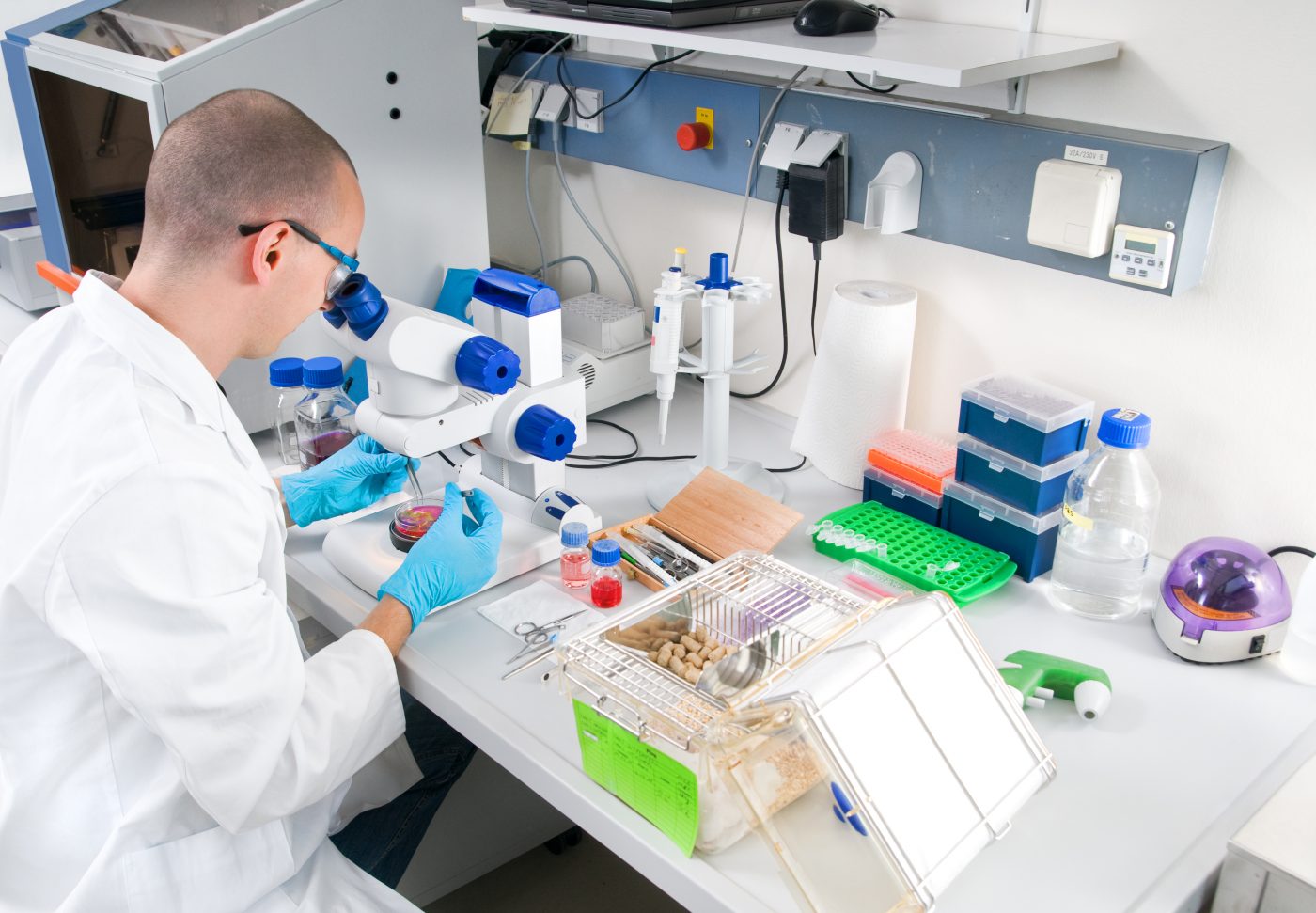Potential SLE Drug, Resunab, to Enter NIH-sponsored Phase 2 Clinical Trial
Written by |

Corbus Pharmaceuticals Holdings, Inc., announced it will soon begin a Phase 2 clinical trial to test the efficacy, safety, tolerability, and biologic effects of its drug candidate, Resunab, in patients with systemic lupus erythematosus (SLE).
Resunab is a first-in-class, synthetic oral endocannabinoid-mimetic drug that preferentially binds to the CB2 receptor expressed on activated immune cells and fibroblasts. CB2 activation triggers endogenous pathways that resolve inflammation and halt fibrosis. Resunab has the potential to be a safe and potent anti-inflammatory drug with a unique mechanism of action to treat a range of chronic inflammatory diseases.
The Phase 2 trial in patients with SLE was chosen for funding by the National Institutes of Health’s Autoimmunity Centers of Excellence (ACE) program, through a grant from the Feinstein Institute for Medical Research (FIMR), located in Manhasset, New York. Cynthia Aranow, MD, is principal investigator on the grant, and Meggan Mackay, MD, MS, will head the clinical trial. Both investigators are associate professors of Molecular Medicine at Hofstra Northwell School of Medicine and researchers at the Center for Autoimmunity & Musculoskeletal Disease at FIMR, according to a press release.
“We are delighted to have the opportunity to test Resunab in SLE and are grateful for the support that the NIH ACE’s program will provide to FIMR to make this possible,” said Yuval Cohen, PhD, chief executive officer of Corbus. “We are pleased to expand clinical testing of Resunab into another serious immune-mediated disease with significant unmet medical need.”
The Phase 2 trial, which will be conducted in 10 sites across the U.S., will test the immunosuppressive capacity of orally administered Resunad in improving signs and symptoms of SLE and will enroll 100 adult patients with active musculoskeletal disease. Patients will be assigned to receive different doses of either Resunab or placebo daily for 84 days, with 28 days of follow-up.
“The musculoskeletal system is the most commonly involved system in our patients that causes significant daily pain related to inflammation. After five years of disease, joint involvement affects about 85% of SLE patients. Patients with SLE have limited options for treatment of active disease with non-immunosuppressive drugs,” Dr. Mackay said. “We look forward to testing Resunab for treatment of active musculoskeletal disease and overall disease activity in SLE.”





